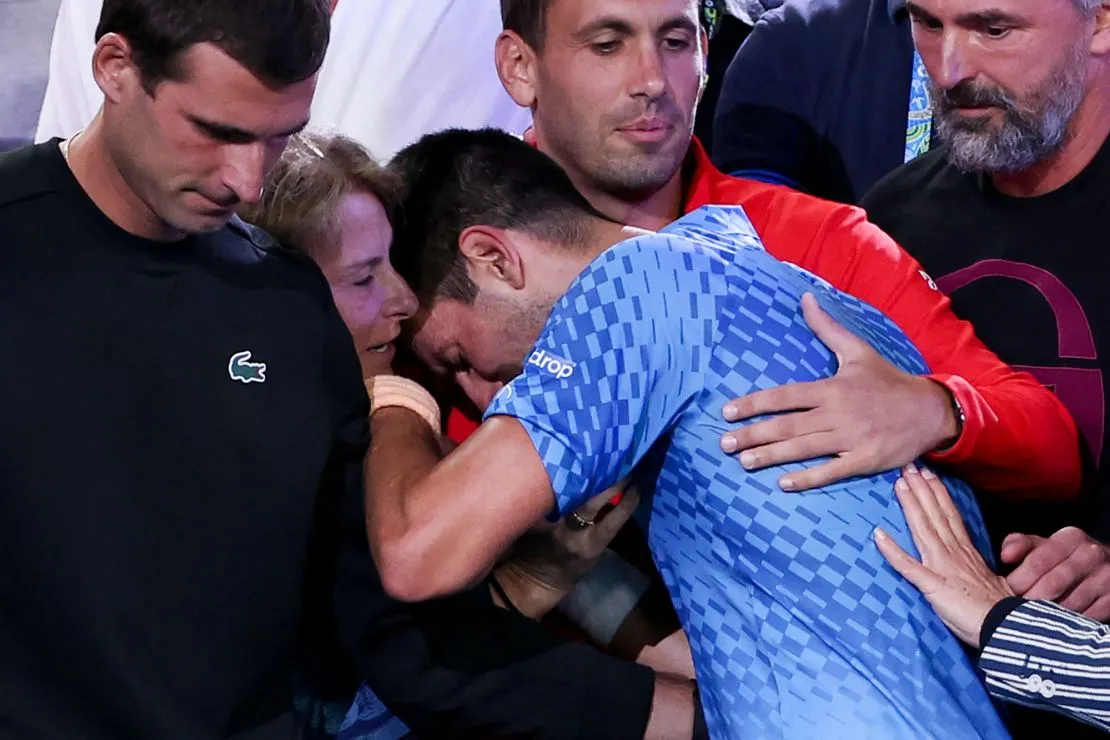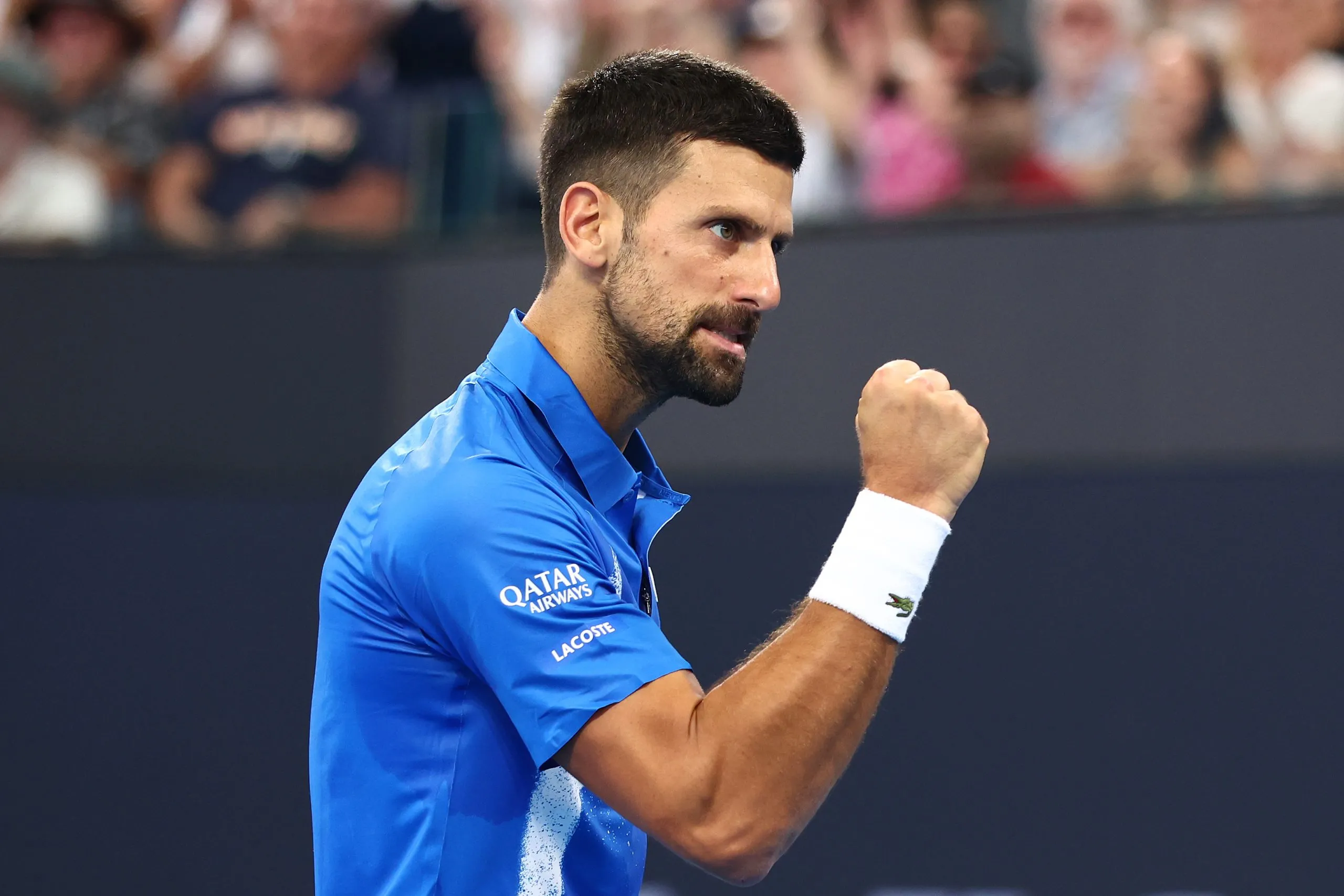The tennis world has been rocked by explosive claims from Roger Federer’s former coach, who has revealed that Novak Djokovic is treated differently compared to other players on the ATP Tour. The revelation has sparked fierce controversy, reigniting debates about favoritism, bias, and the perception of Djokovic within the sport.

In a candid interview, the former coach—whose deep knowledge of the inner workings of professional tennis gives his words significant weight—did not hold back in describing what he sees as a pattern of unfair treatment directed at Djokovic. According to him, the Serbian superstar has long been subjected to double standards, with tournament organizers, officials, and even the media holding him to different expectations compared to his biggest rivals, Roger Federer and Rafael Nadal.

“There’s no question that Novak Djokovic is judged by a different set of rules,” the coach stated. “He doesn’t always get the same level of respect or benefit of the doubt that others receive. Whether it’s officiating decisions, media narratives, or fan treatment, there’s always a sense that he has to fight harder for recognition.”
The comments have reignited an ongoing debate that has followed Djokovic throughout his career. Despite being statistically one of the greatest players in history, boasting more Grand Slam titles than any other male player, Djokovic has often been cast as the outsider in the Federer-Nadal rivalry. His battles with the tennis establishment, from visa controversies to vaccine mandates and disputes with tournament organizers, have only fueled the perception that he is treated unfairly.
One of the key issues raised by Federer’s former coach is the inconsistency in how Djokovic’s on-court behavior is scrutinized compared to other players. He pointed out that while Federer and Nadal have had their own moments of frustration—breaking rackets, arguing with umpires, or expressing anger during matches—these incidents are often downplayed or quickly forgotten. In contrast, Djokovic’s every outburst or controversial moment tends to make headlines, reinforcing a negative image.
Additionally, he highlighted instances where Djokovic has seemingly been held to a higher standard when it comes to crowd reception. Unlike Federer and Nadal, who are widely adored by fans around the world, Djokovic has frequently faced hostile crowds, even in matches where he is the defending champion. “It’s as if people are waiting for him to make a mistake so they can criticize him,” the coach noted. “No matter how much he achieves, he still has to work twice as hard for acceptance.”
The allegations of bias extend beyond just fan perception and media coverage. There have been claims that Djokovic has been treated differently by tournament officials, particularly when it comes to scheduling and disciplinary actions. The coach suggested that Djokovic’s matches are often scheduled in less favorable time slots compared to Federer and Nadal during their prime years, and that he has been penalized more harshly for infractions that others might get away with.

These claims have sparked heated reactions from both Djokovic’s supporters and his critics. Many fans believe that the Serbian has been unfairly targeted throughout his career, with some pointing to the 2020 US Open disqualification—when he accidentally hit a lineswoman with a ball—as an example of how he is judged more harshly. Others argue that Djokovic’s personality and past decisions, such as his stance on vaccinations and his involvement in controversial player movements, have contributed to the way he is perceived.
In response to the growing debate, several current and former players have weighed in. Some have defended Djokovic, agreeing that he has had to overcome more obstacles than his rivals. Others, however, believe that any perceived bias is a result of Djokovic’s own actions and choices, rather than any institutional unfairness.
As the controversy continues to unfold, one thing is clear: Novak Djokovic remains one of the most polarizing figures in tennis. Despite his unparalleled success on the court, he continues to divide opinions, with some viewing him as a victim of an unfair system and others believing he is simply reaping the consequences of his own decisions.
Whether or not Federer’s former coach’s claims will lead to meaningful discussions about bias in tennis remains to be seen. However, his words have certainly added fuel to an already heated debate, ensuring that the conversation about Djokovic’s place in the sport—and how he is treated compared to his peers—will not be ending anytime soon.